On August 23, 1966, NASA’s Lunar Orbiter 1 robotic spacecraft took the first photograph of Earth from the Moon’s orbit.
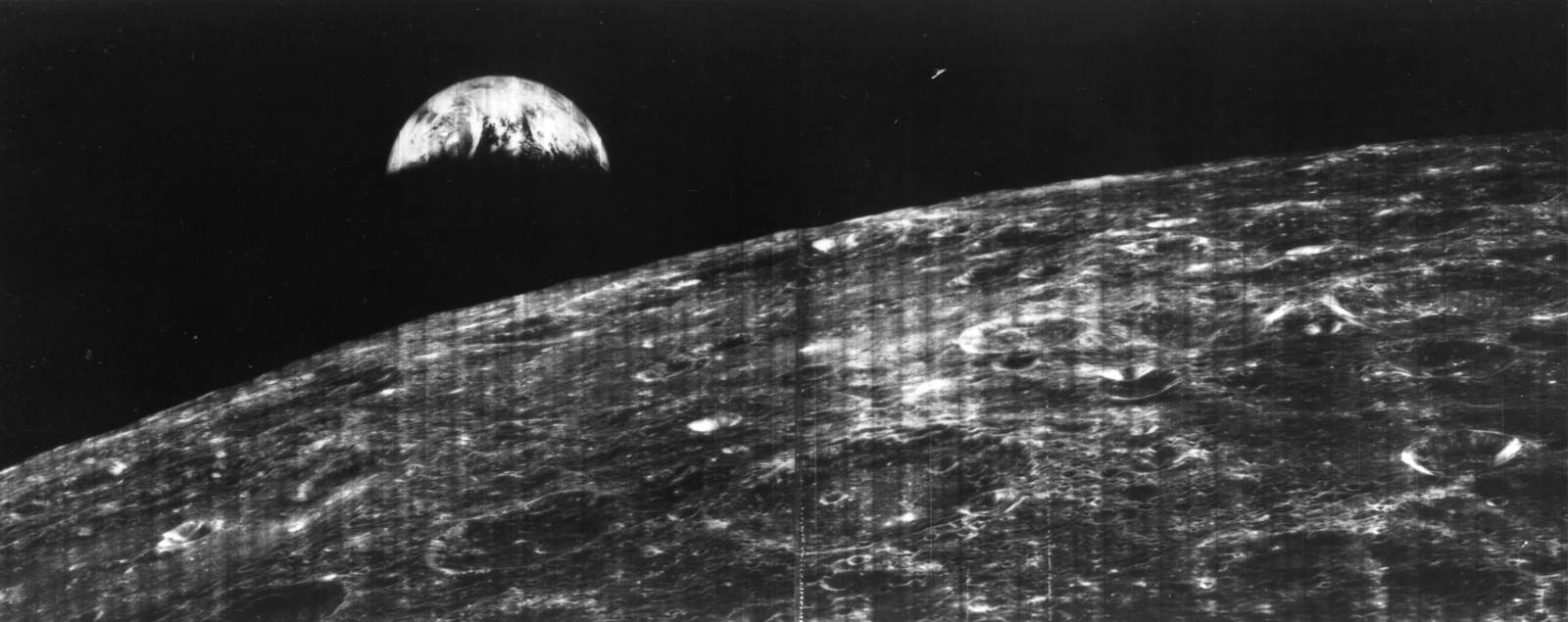

On August 23, 1966, NASA’s Lunar Orbiter 1 robotic spacecraft took the first photograph of Earth from the Moon’s orbit.
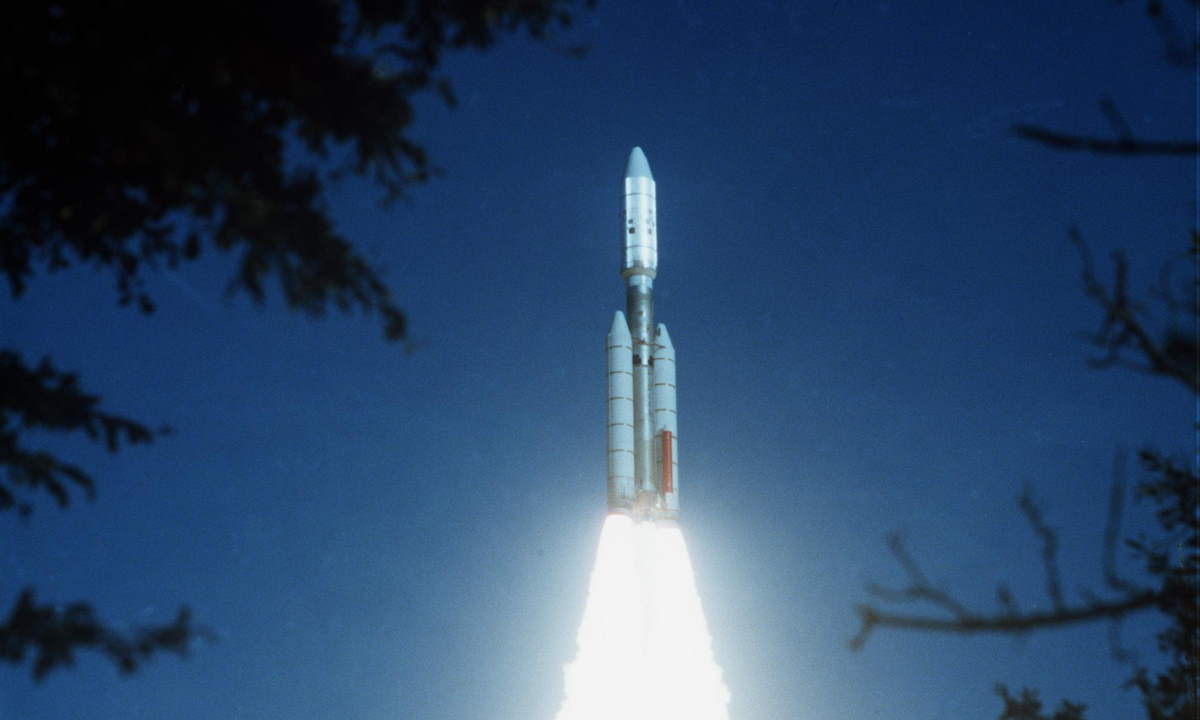
On August 20, 1977, Voyager 2 was launched from Cape Canaveral on top of a Titan IIIE-Centaur rocket. It launched before Voyager 1, which was sent into space on September 5, 1977.
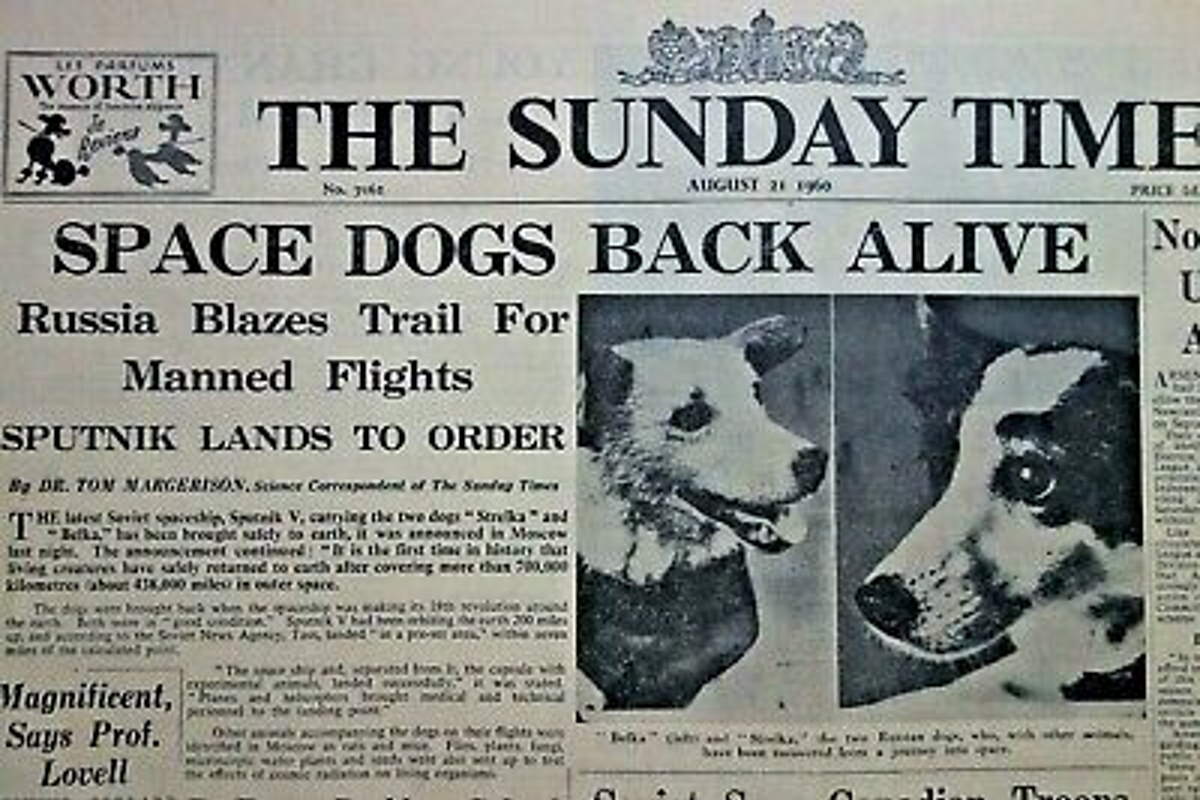
On August 20, 1960, the first animals and plants returned alive from an orbital spaceflight. Launched on August 19, the Soviet Union’s Korabl-Sputnik 2 (also known as the Sputnik 5) was the first spaceflight to send animals and plants into orbit and return them safely back to Earth. it paved the way for the first human orbital spaceflight, Yuri Gagarin’s Vostok 1, which was launched on April 12, 1961.
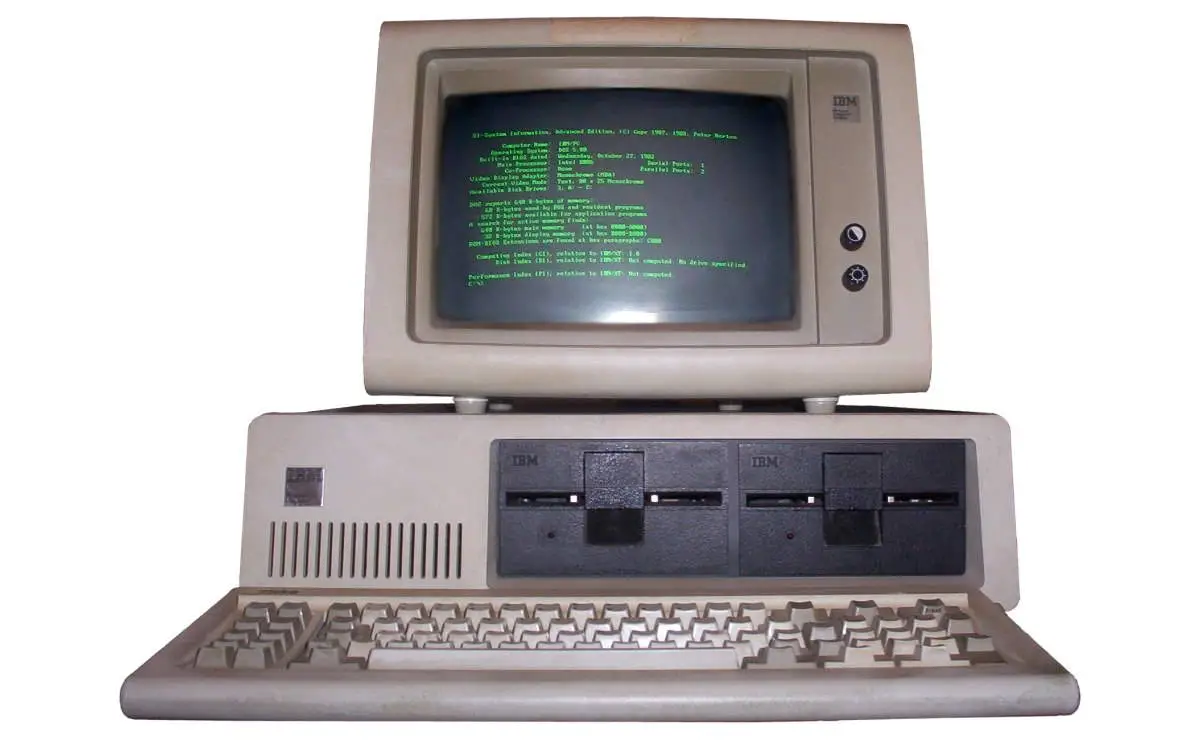
On August 12, 1981, the Personal Computer, (model 5150, commonly known as the IBM PC) was released. This machine (and its descendants) started the PC revolution. It was a very small machine that could not only process information faster than those millions-of-dollars huge computers of the 1960s but also hook up to the home TV set, process text and store more words than a huge cookbook, all for a price tag of less than $1,600.
Unsurprisingly, it suddenly shook the personal computer market. The specifications of the IBM PC became one of the most popular computer design standards in the world. Even today, The majority of modern personal computers (PCs) are distant descendants of the IBM PC.
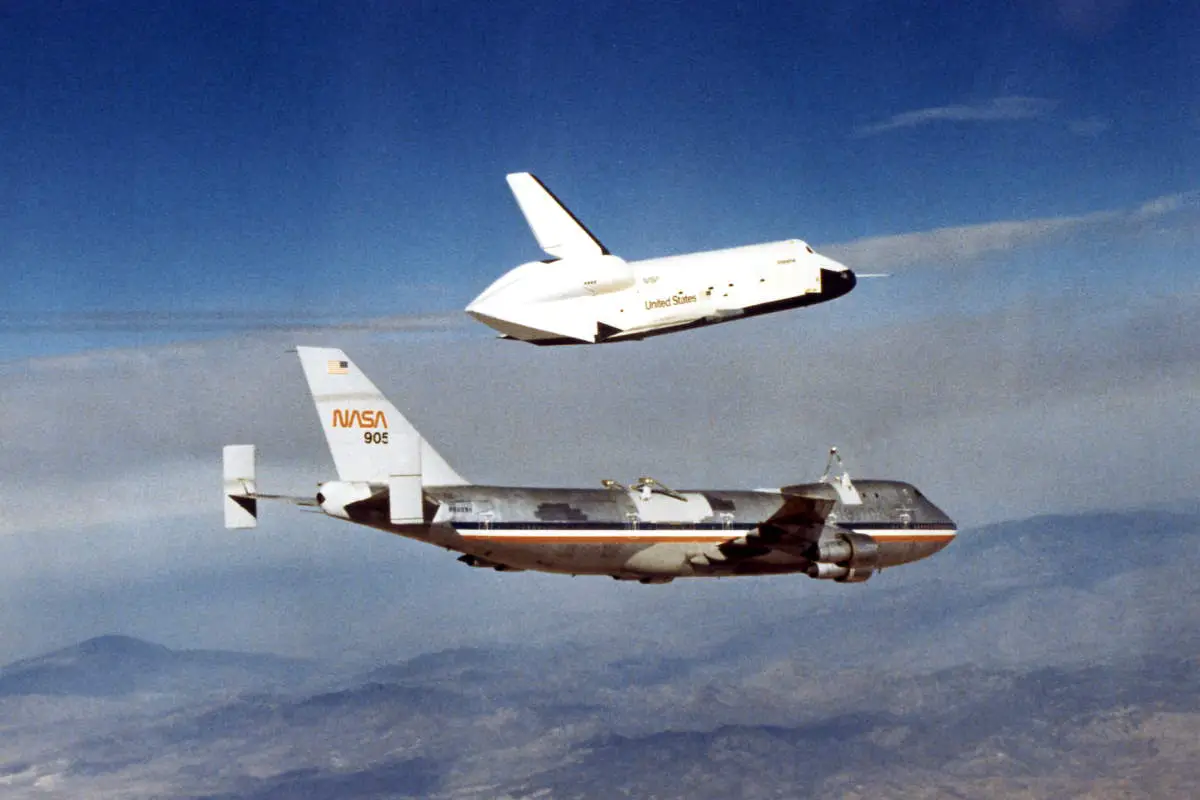
On August 12, 1977, NASA’s Space Shuttle Enterprise successfully made its first free flight test, as part of NASA’s Orbiter Approach and Landing Tests (ALT). The ALT program allowed shuttle pilots to explore the orbiter’s low-speed flight and landing characteristics.
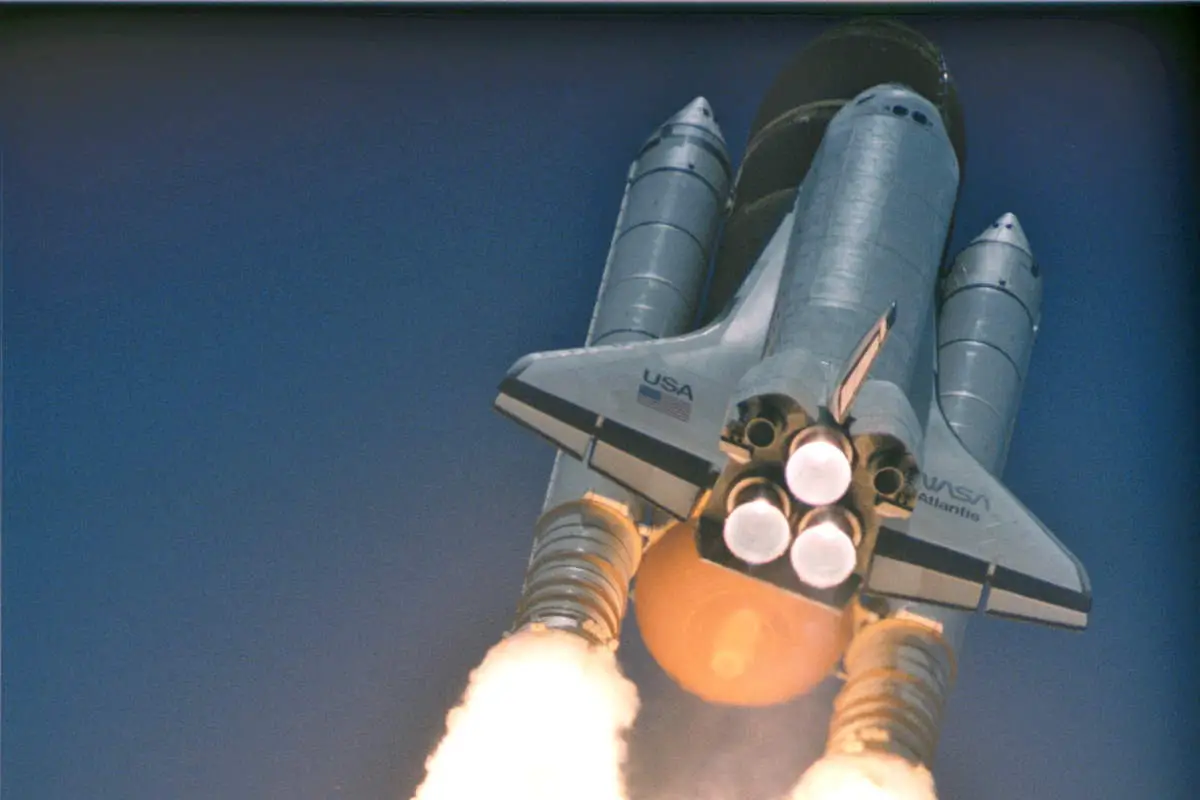
On August 9, 1991, two STS-43 astronauts aboard the Space Shuttle Atlantis, Shannon W. Lucid and James C. Adamson sent the first e-mail from space. The astronauts used an Apple Macintosh portable computer and AppleLink, a popular service for Mac and Apple IIGS users before the commercialization of the Internet, offered from 1986 to 1994.
The recipient of the first e-mail from space was addressed to fellow NASA astronaut Marsha S. Ivins at Johnson Space Center. The message text read:
“Hello Earth! Greetings from the STS-43 Crew. This is the first AppleLink from space. Having a GREAT time, wish you were here,…send cryo and RCS! Hasta la vista, baby,…we’ll be back!”
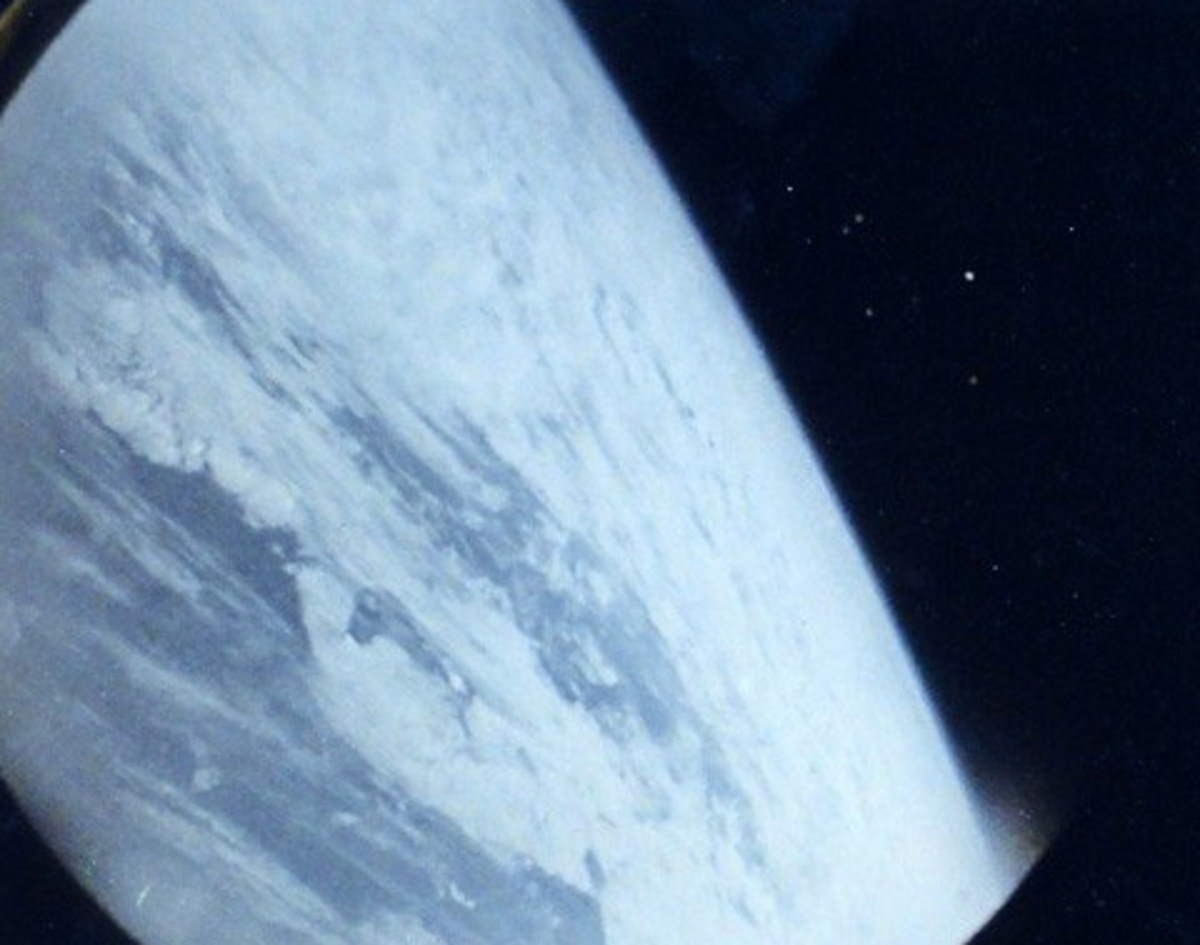
On August 6, 1961, Soviet cosmonaut Gherman Titov took the first photo of Earth from space taken by a person. It was also the first color image of Earth from space. Titov became the first photographer from space.
This spaceflight was the first crewed spaceflight lasting over 24 hours. Titov was also the first to suffer from space sickness.
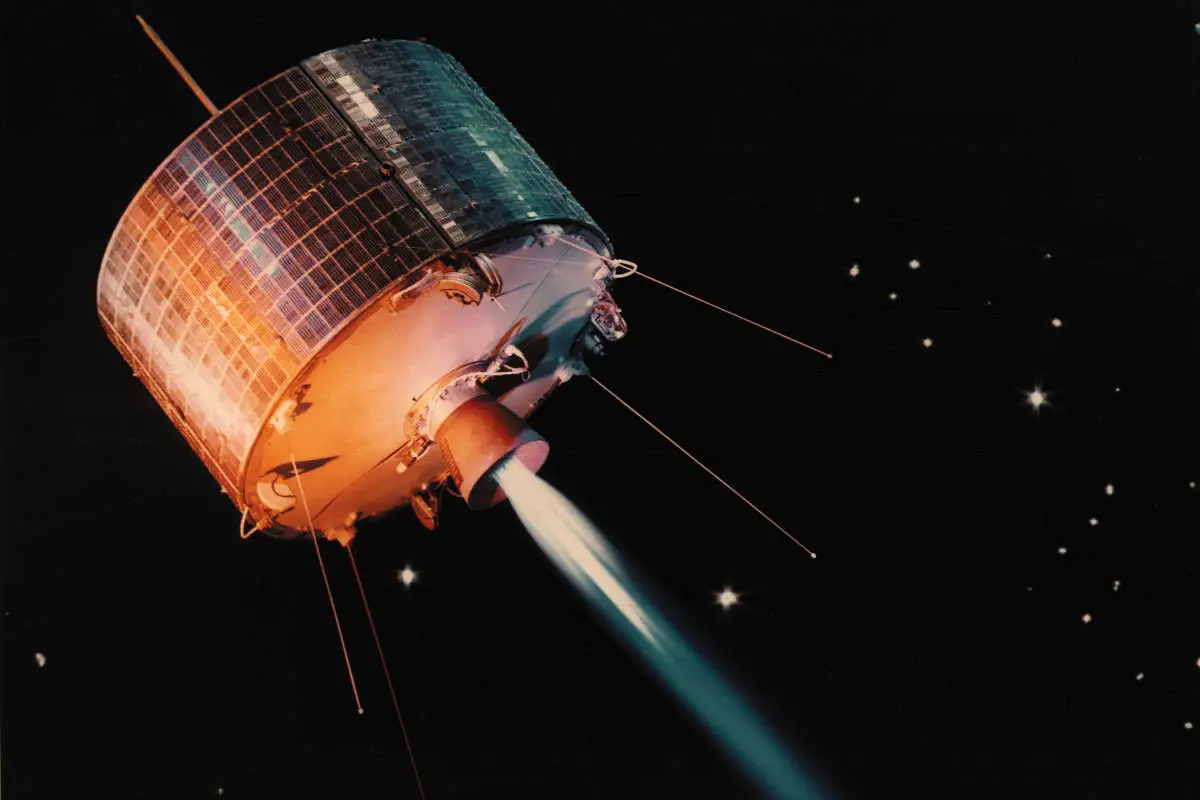
On July 26, 1963, Syncom 2 (for Synchronous Communication Satellite) was launched on top of a Delta B #20 launch vehicle from Cape Canaveral.
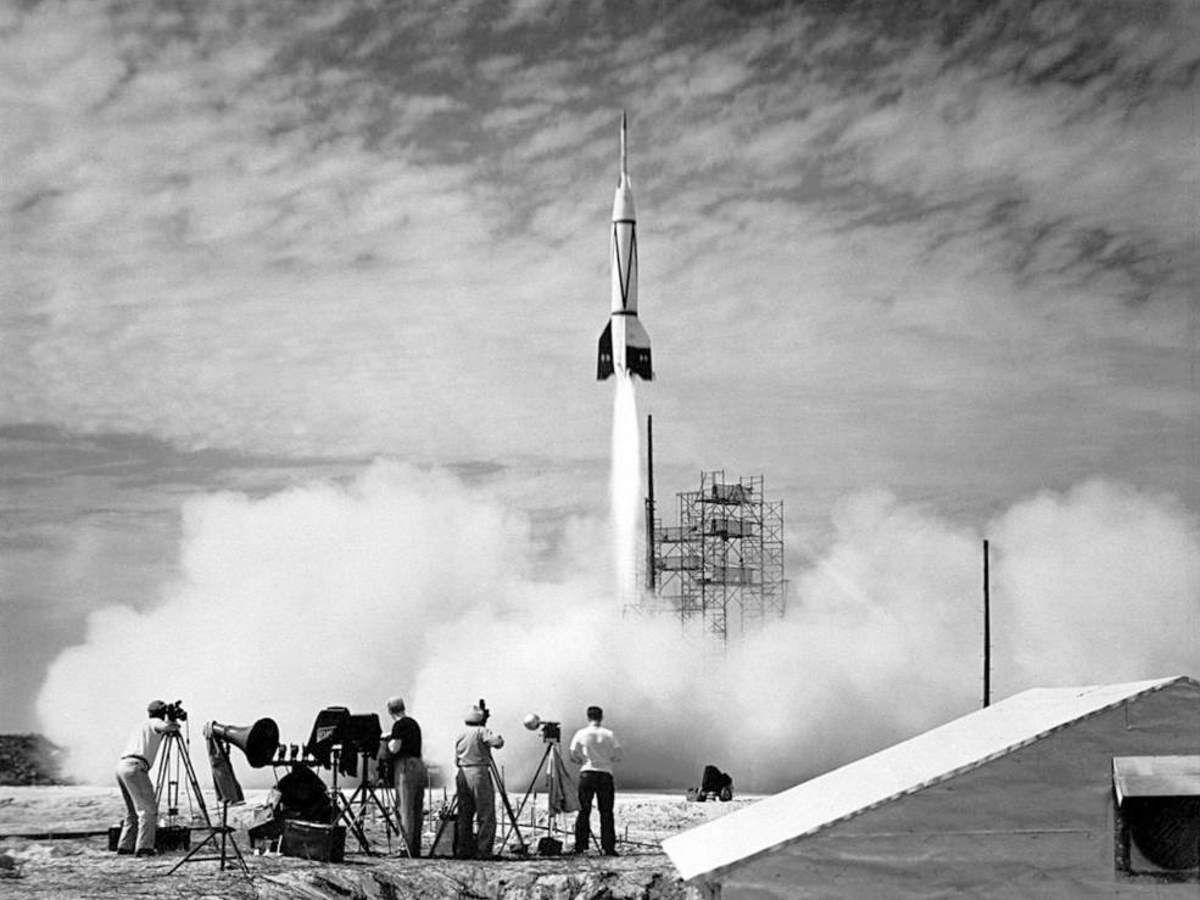
On July 24, 1950, Bumper 8, a two-stage rocket, combining German (V-2) and American technology, was launched. It was the first rocket launch from a place on the Atlantic coast of central Florida called Cape Canaveral.
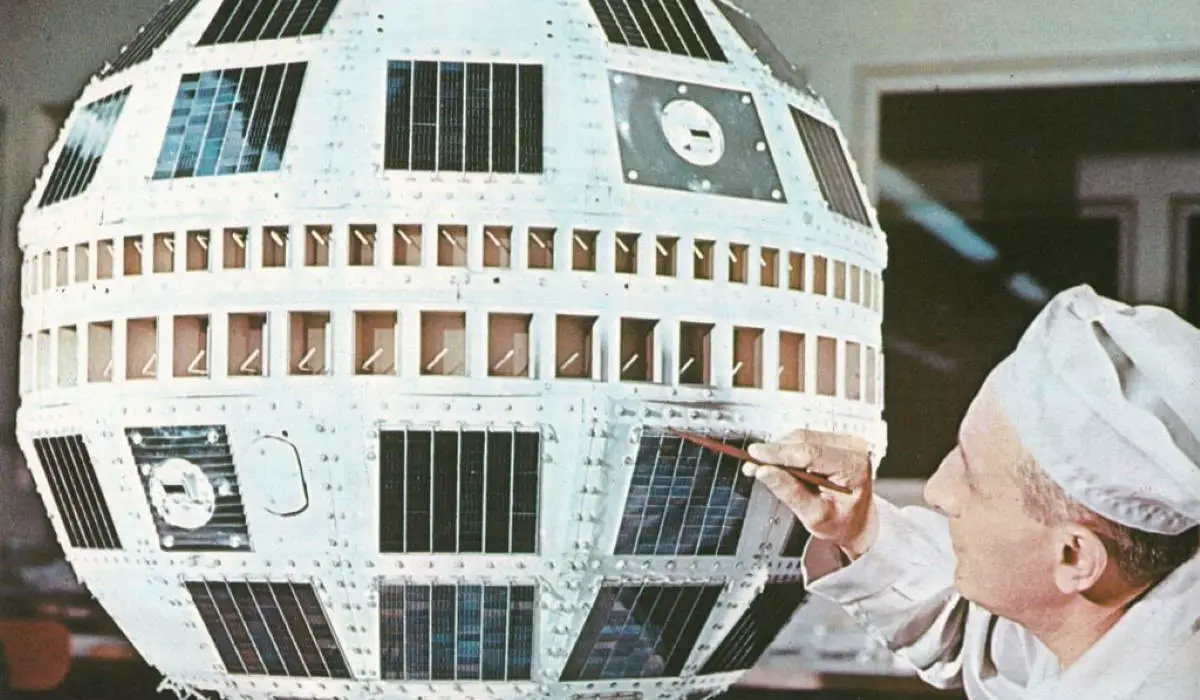
On July 10, 1962, Telstar 1, the satellite that allowed the first live broadcast of television images was launched from Cape Canaveral. It was the first privately sponsored space mission. Two days after the launch, on July 12, it relayed the world’s first transatlantic television signal, from Andover Earth Station, Maine, United States, to the Pleumeur-Bodou Telecom Center, Brittany, France.